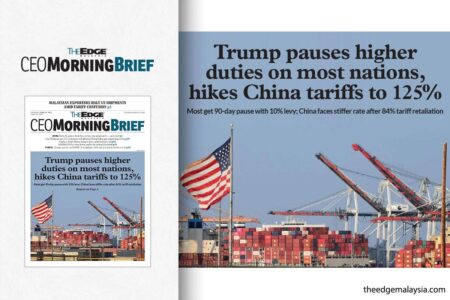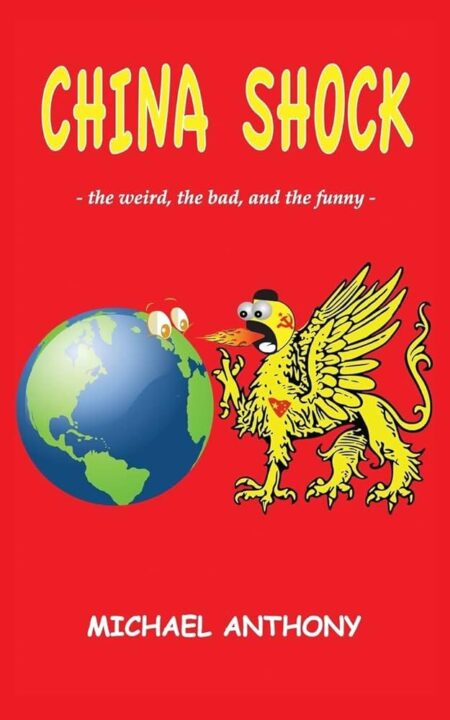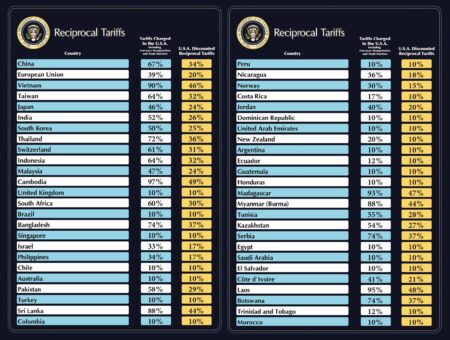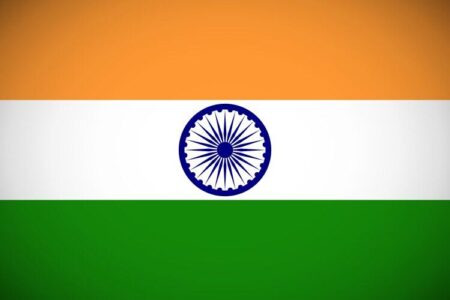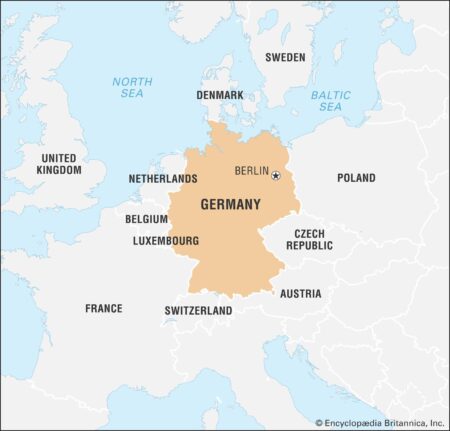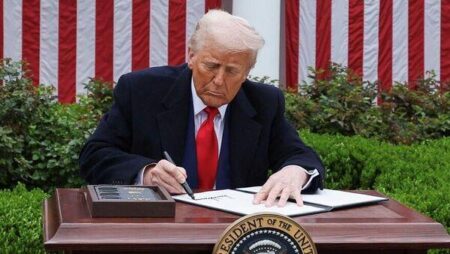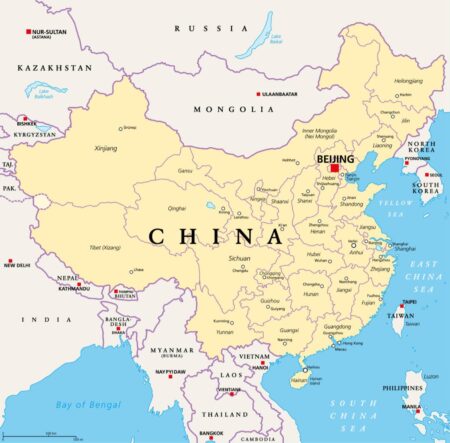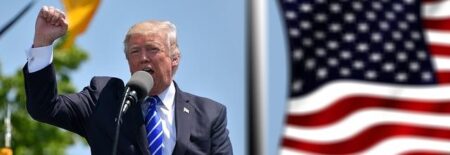China has retaliated against President Trump’s latest tariff hike by imposing duties of up to 125% on a range of U.S. goods. This escalation in trade tensions signals a deepening rift between the two economic giants, impacting global markets.
Browsing: trade disputes
The “China Shock,” a term describing the economic impact of China’s rise on American jobs, reveals critical lessons about globalization and labor. Contrary to President Trump’s interpretation, experts argue that understanding these dynamics is essential for future policy success.
Australia is bracing for economic fallout as the U.S. imposes a 10% tariff on its exports, igniting widespread anger among local industries. Trade officials warn the move could strain bilateral relations and escalate tensions in global markets.
Brazil is considering “all possible actions” in response to new legislation in Congress that could pave the way for trade retaliation. This move comes amid growing tensions over trade practices, highlighting the country’s commitment to protecting its economic interests.
India has imposed new tariffs affecting several sectors, prompting concerns among trade partners. While some nations face repercussions, others brace for retaliatory measures, creating a complex landscape in international trade relations. Stakeholders are watching closely.
Germany and France are advocating for a stronger tariff response to protect their industries from global market fluctuations. Their push reflects growing concerns over international trade practices, aiming to bolster domestic economies amid rising competition.
The upcoming 26% US tariffs on Indian goods are poised to impact domestic players significantly, according to top exporters’ bodies. This increase could dampen competitiveness in the global market, affecting trade dynamics between the two nations.
Australian Prime Minister Anthony Albanese has criticized the US decision to impose tariffs on Australian goods, labeling the move as “not a friendly act.” This response follows former President Donald Trump’s refusal to grant an exemption for Australia, heightening trade tensions.
In response to recent U.S. tariffs, Canada has announced $29.8 billion in counter-tariffs targeting key American goods. This escalation in trade tensions underscores ongoing disputes and aims to protect Canadian industries amidst rising economic pressures.
India is grappling with economic uncertainty as escalating US tariff wars raise global concerns. The increasing trade tensions threaten to disrupt supply chains and impact key sectors, prompting calls for robust policy measures to safeguard India’s growth trajectory.
France and Germany are embroiled in a dispute over the “buy EU” initiative aimed at increasing defense spending and military cooperation within the bloc. Tensions rise as each nation advocates for its own armament industries, complicating collective security efforts.
China has imposed new tariffs on Canadian agricultural products, escalating tensions between the two nations. This move marks a significant response to Canada’s recent criticisms of China’s domestic policies and trade practices, further straining bilateral relations.
China has officially retaliated against the tariffs imposed by Donald Trump, escalating the trade war between the two economic giants. The move signals a long-term response to protect its markets and interests, as both nations gear up for prolonged negotiations.
Former President Donald Trump has suggested potential tariffs on Canadian dairy and lumber products, warning that they may be imposed soon. This announcement signals a renewed focus on trade tensions between the U.S. and Canada.
In a bold economic move, President Trump has imposed tariffs on imports from Canada, China, and Mexico, igniting a trade war that analysts warn could escalate tensions and lead to significant price hikes for consumers across various sectors.

